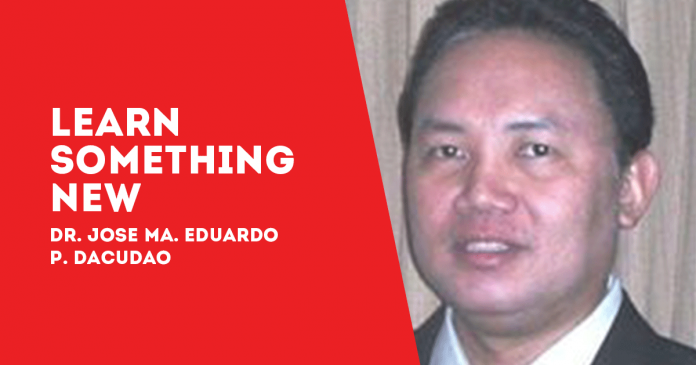
I MOSTLY agree with the article by the Philippine News Agency dated August 4, 2025.
I would like to give additional information.
‘Filipino’ as taught in Philippine schools and by Komisyon ng Wikang Filipino (KWF) is mutually intelligible with Tagalog and both are mutually unintelligible with all other Philippine languages. As a dialect is defined as a variant of a language by all international linguists, therefore, the Filipino mentioned above is a dialect of Tagalog.
(Explanatory note: Dialects of a language are versions of said language that are mutually intelligible with each other, but not with other languages and their dialects. ‘Filipino’ at present is mutually intelligible with Manila Tagalog and all other Tagalog dialects, but unintelligible with other languages and their dialects. Therefore, ‘Filipino’ is a dialect of Tagalog.)
In addition, the teaching of present-day ‘Filipino’, which is a Tagalog dialect, in Philippine schools, government institutions, and by the mass media, confuses people into thinking that Tagalog is the national language.
Tagalog in effect is sugar-coated as ‘Filipino’, making it psychologically palatable to non-Tagalogs. One can also say that ‘Filipino’ is a sugar-coated dialect of Tagalog. ‘Filipino’, as taught at present in schools and spread by government institutions and the mass-media, does not embody what a national language is, as defined in the Constitution. Moreover, it can be said that it goes against the Constitutional mandate that Filipino should be based on all Philippine languages.
Measures should be taken in order to correct this situation.
A historical background
For most of the history of humanity, no one has thought to legislate a national language. There have been customs, it is true. For example, the Roman Empire customarily used Latin in its government communications and schools, but it never made laws that in effect made Latin as the only official or national language of the Roman Empire. (Many Romans even admired and used the Greek language over Latin, including some Emperors.) At face value, the legislation of a national language sounds unnatural and weird. Humanity has always spoken diverse languages; that is the natural human condition.
The movement against the natural diversity of languages started during the ultra-nationalistic French Revolution and its aftermath, Napoleonic France. Nationhood after the French revolution was based on the idea of One Nation, One Language, or Unity in Uniformity. To be a citizen of France one had to know French.
In 1635, Cardinal Richelieu created the L’Académie Française (French Academy), whose primary purpose was and is to standardize the French language. In 1795, during the French Revolution, the French Academy was incorporated into the substantially more powerful Institut de France. This institute acts similarly to a national language commission (such as the Philippines’ Komisyon ng Wikang Filipino) that dictates what is to be regarded as French or not, and to impose what it regards as French in all of France. (To be continued)/PN







